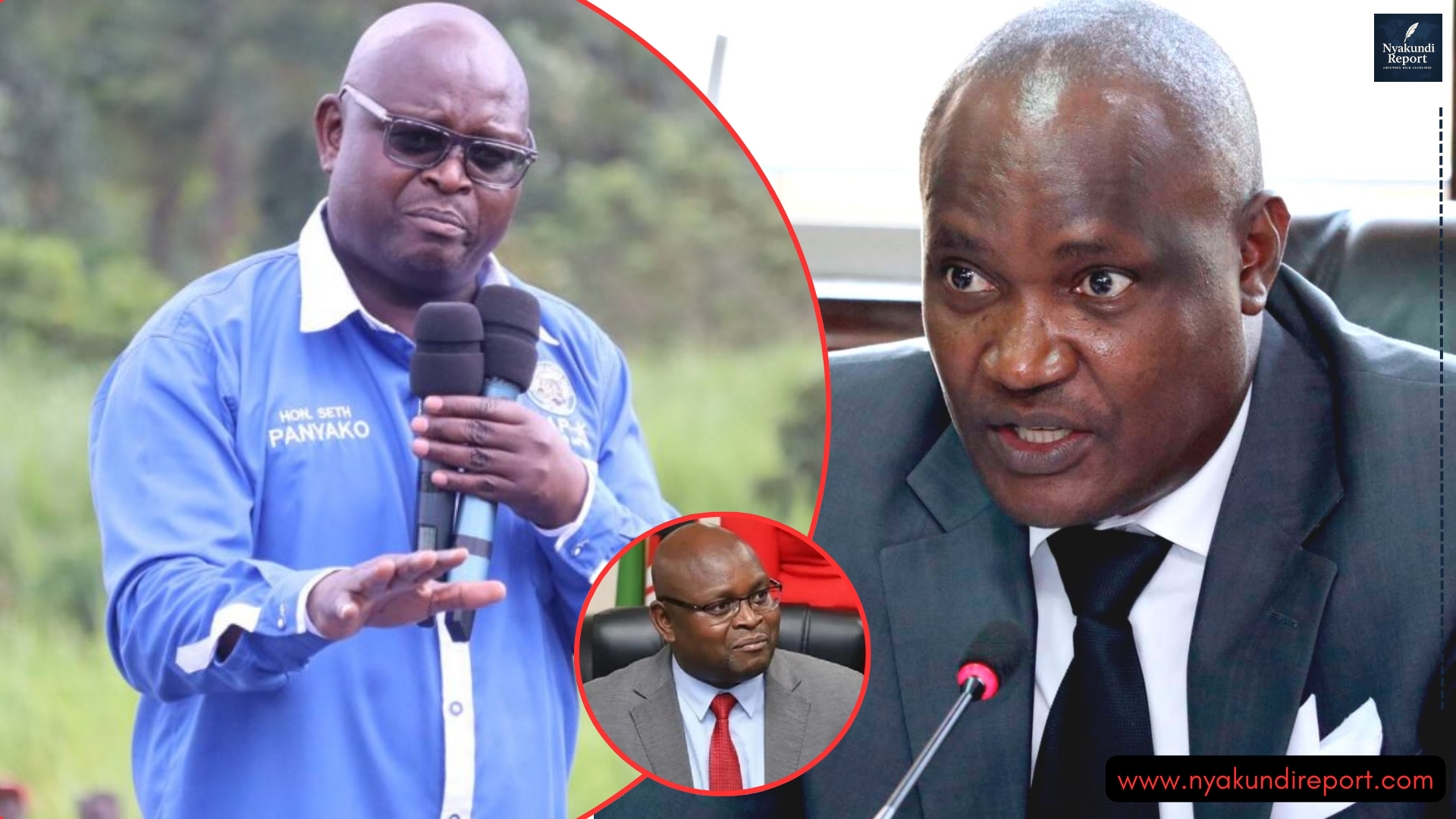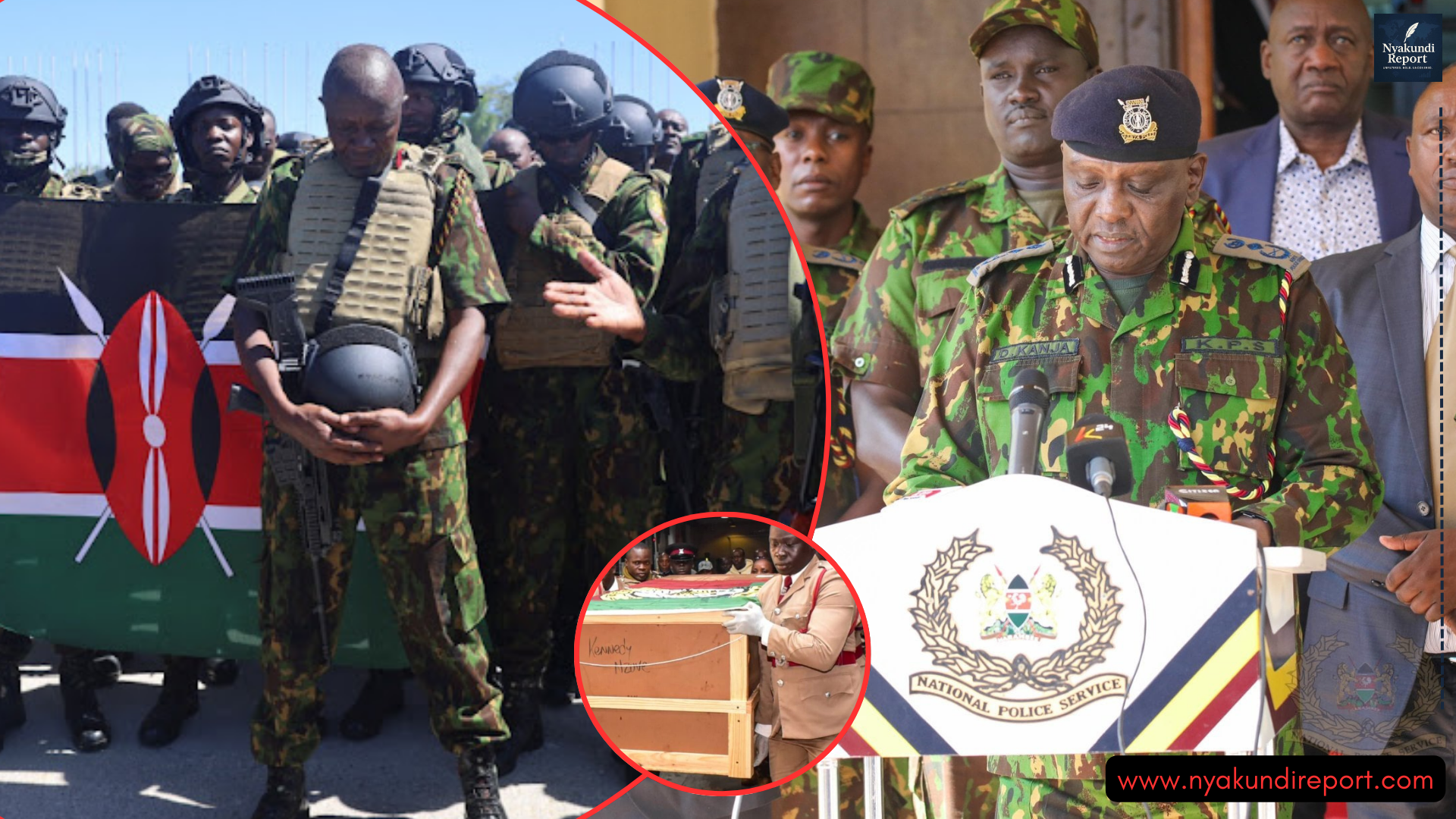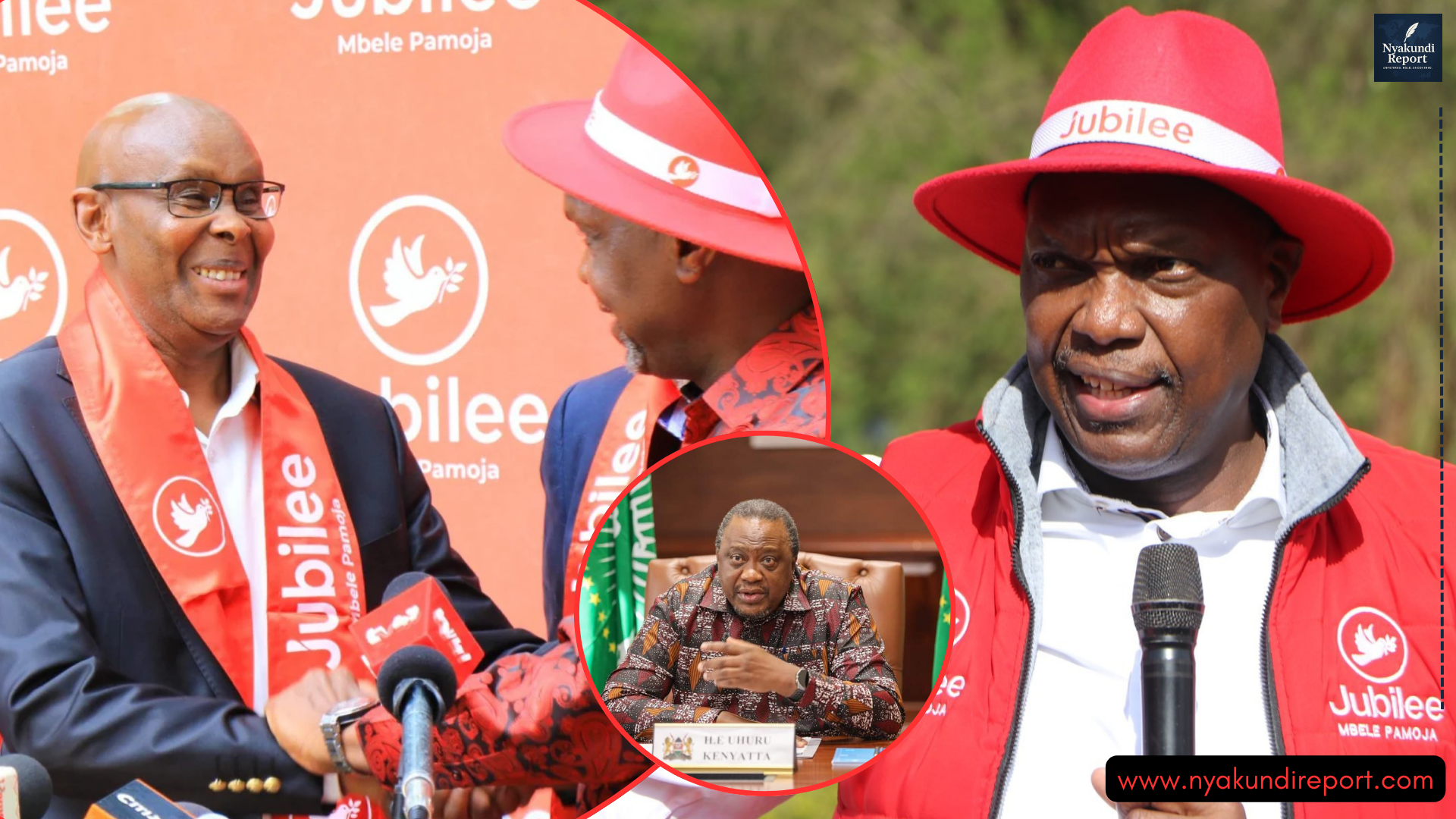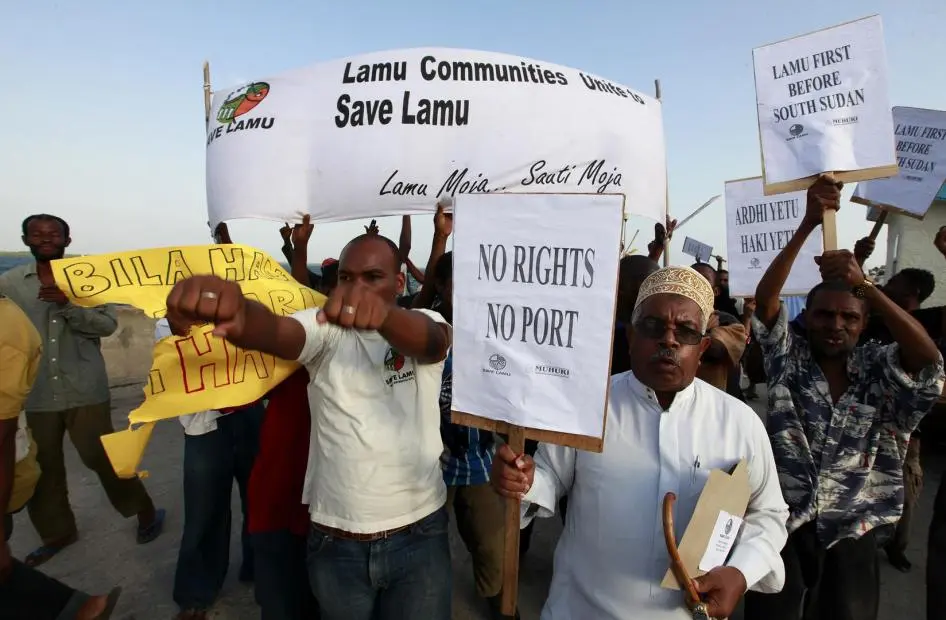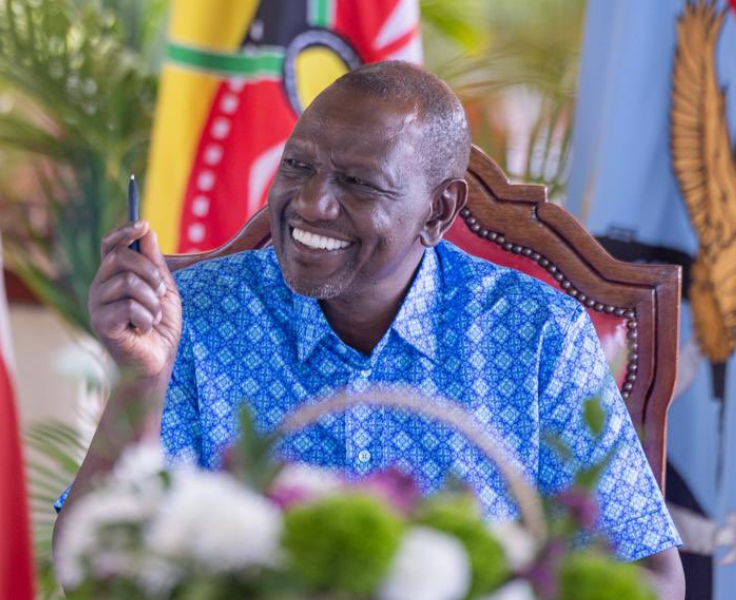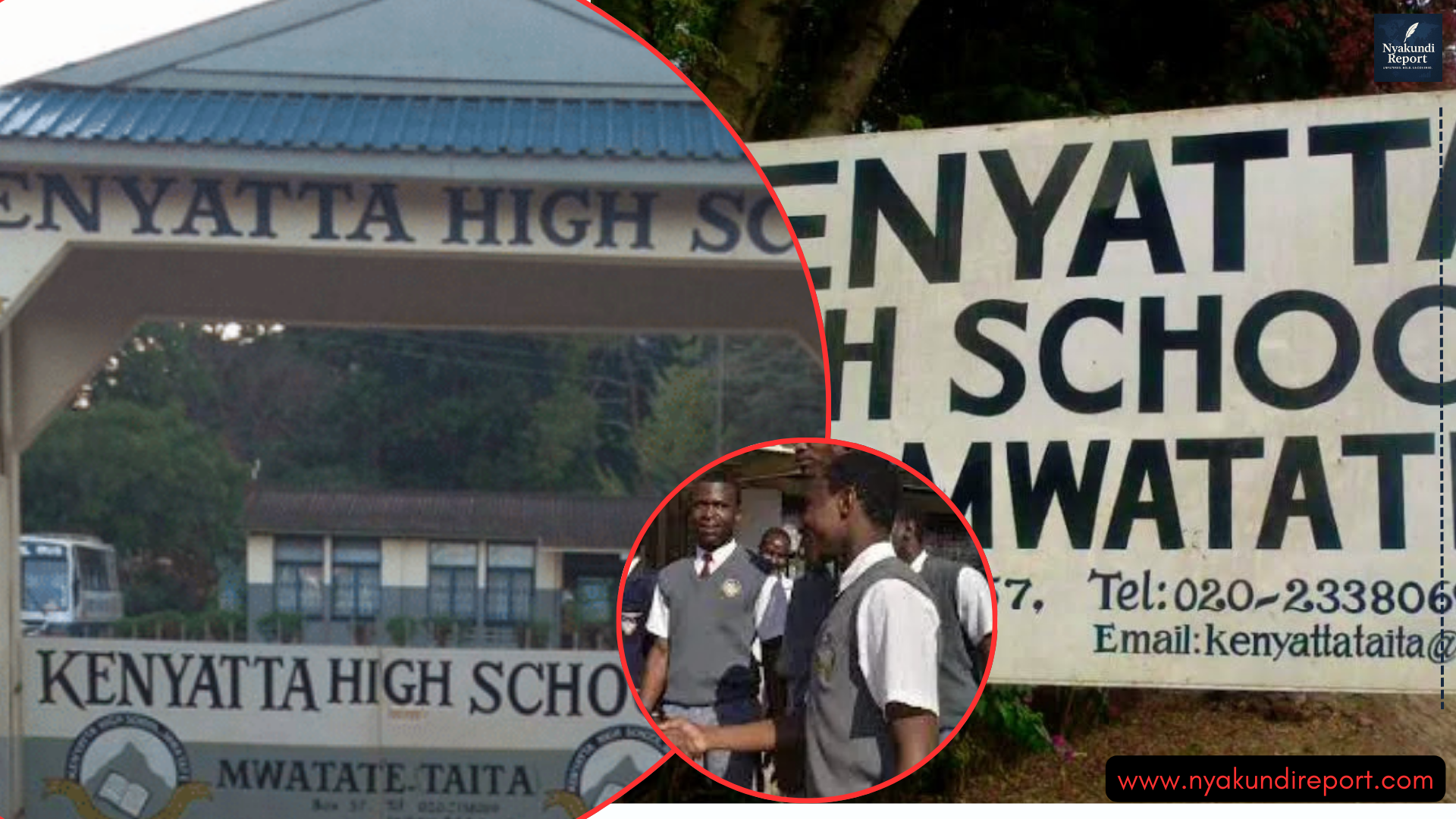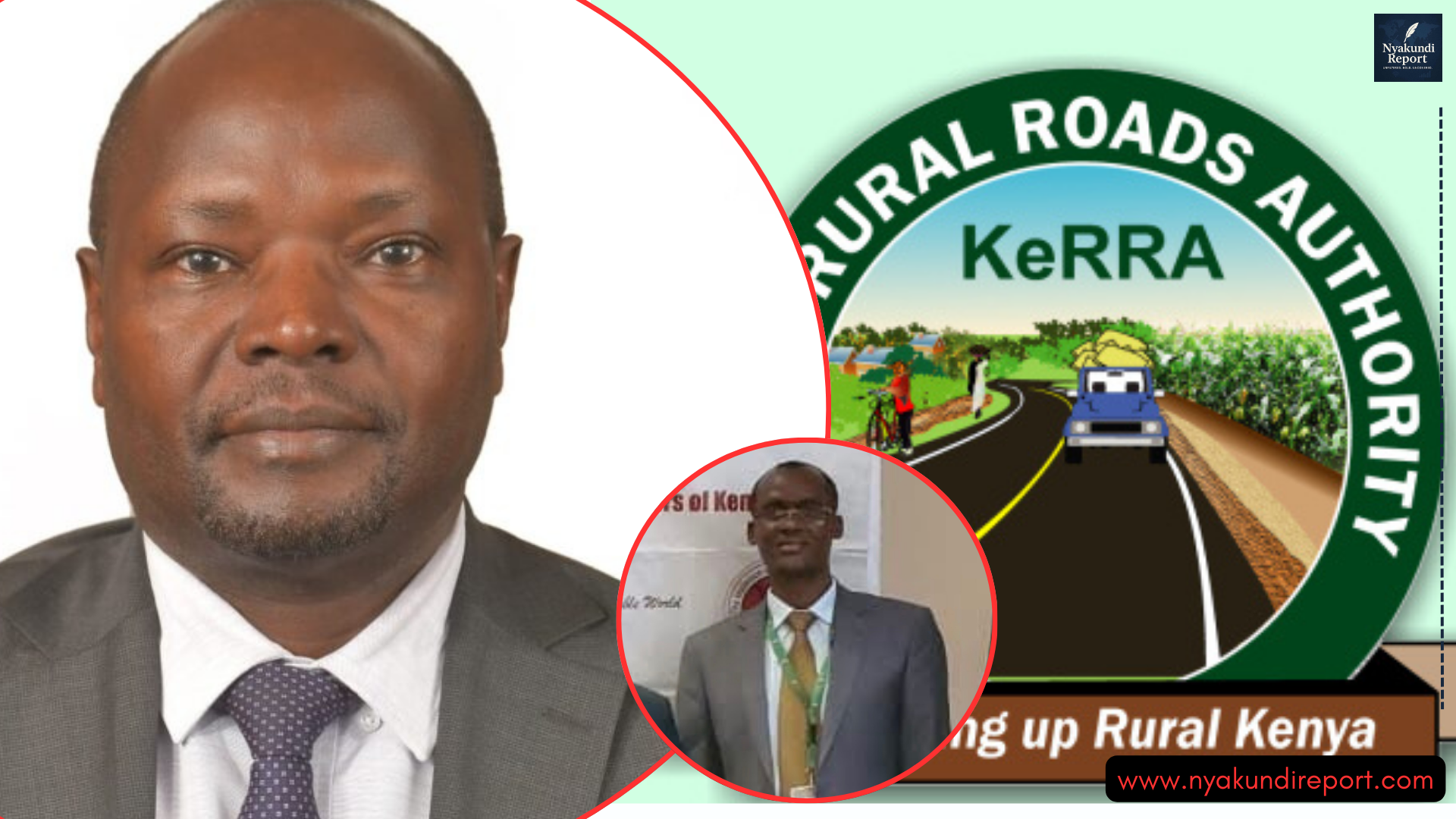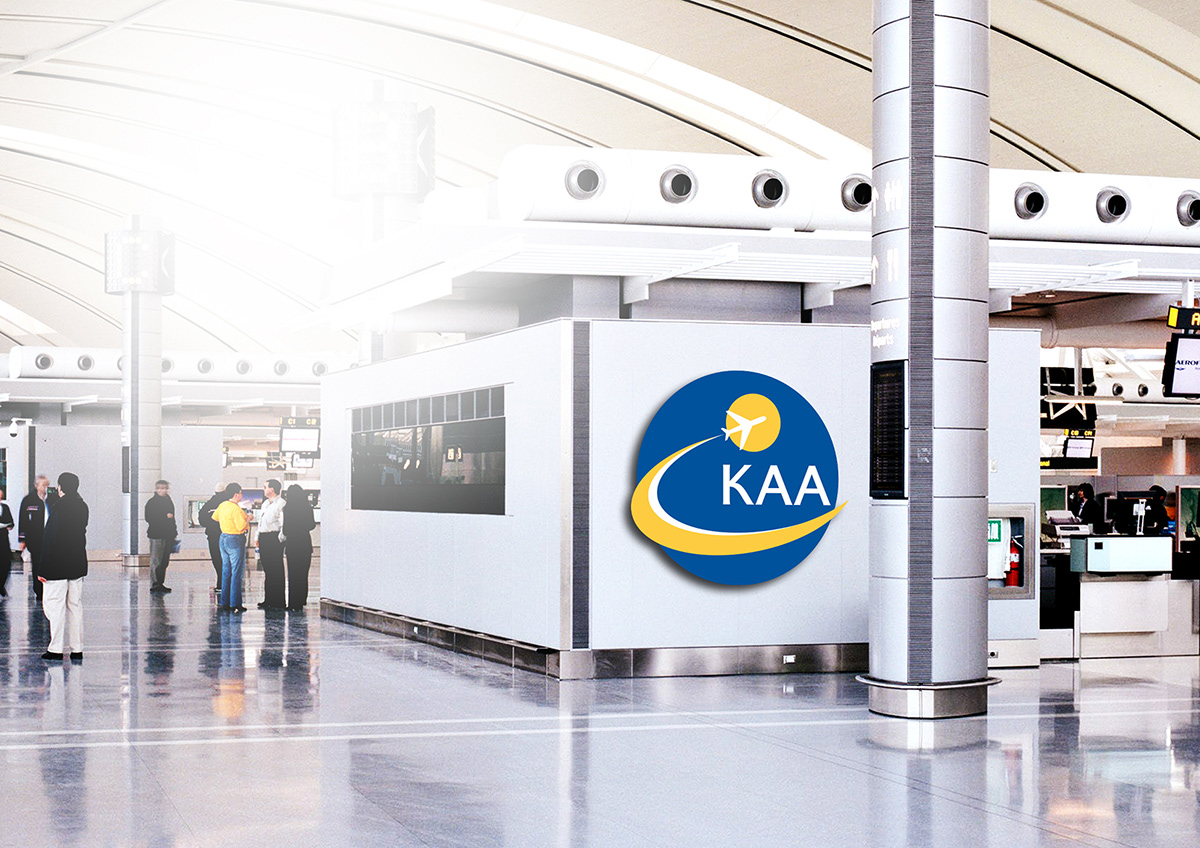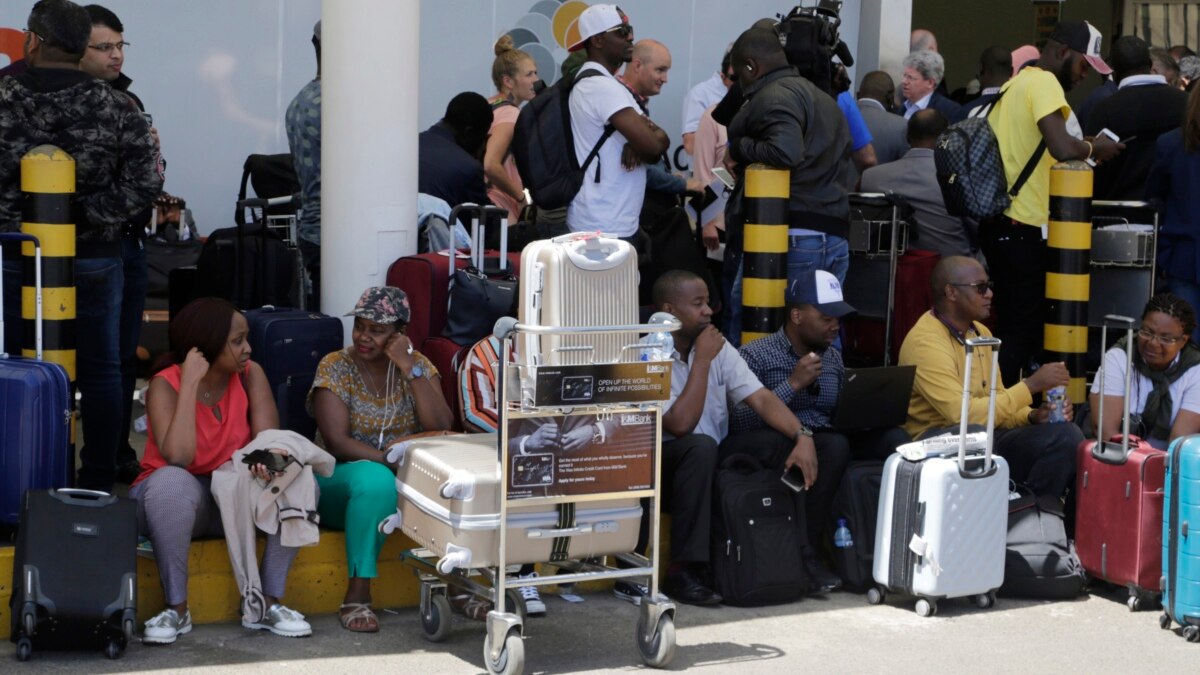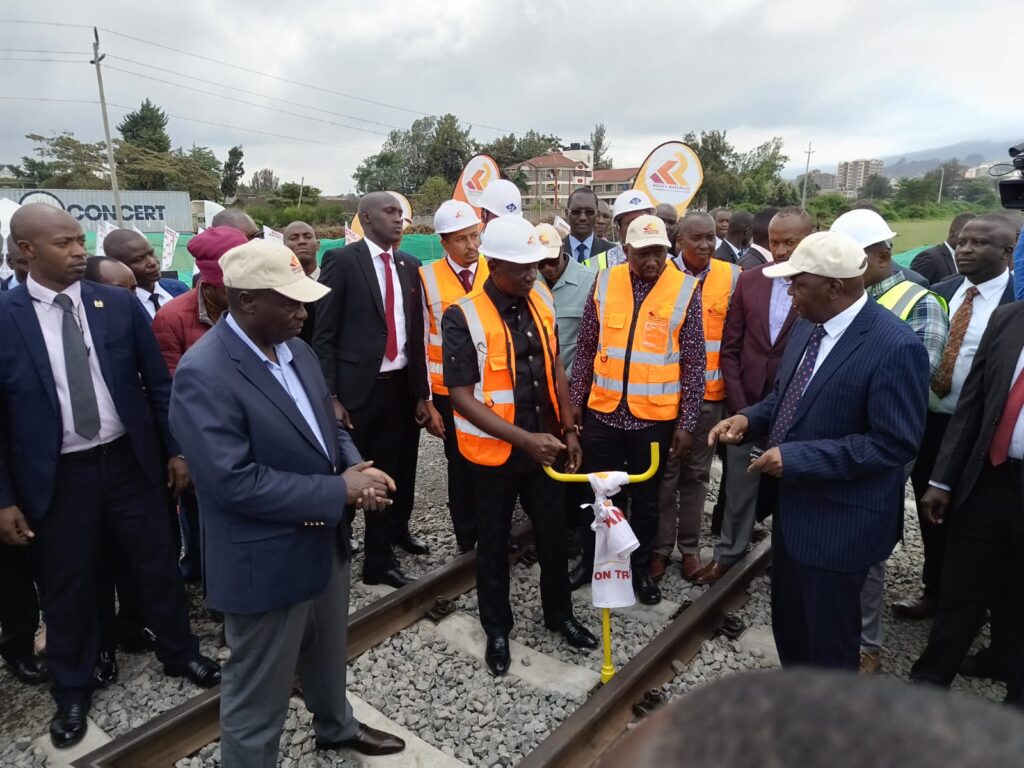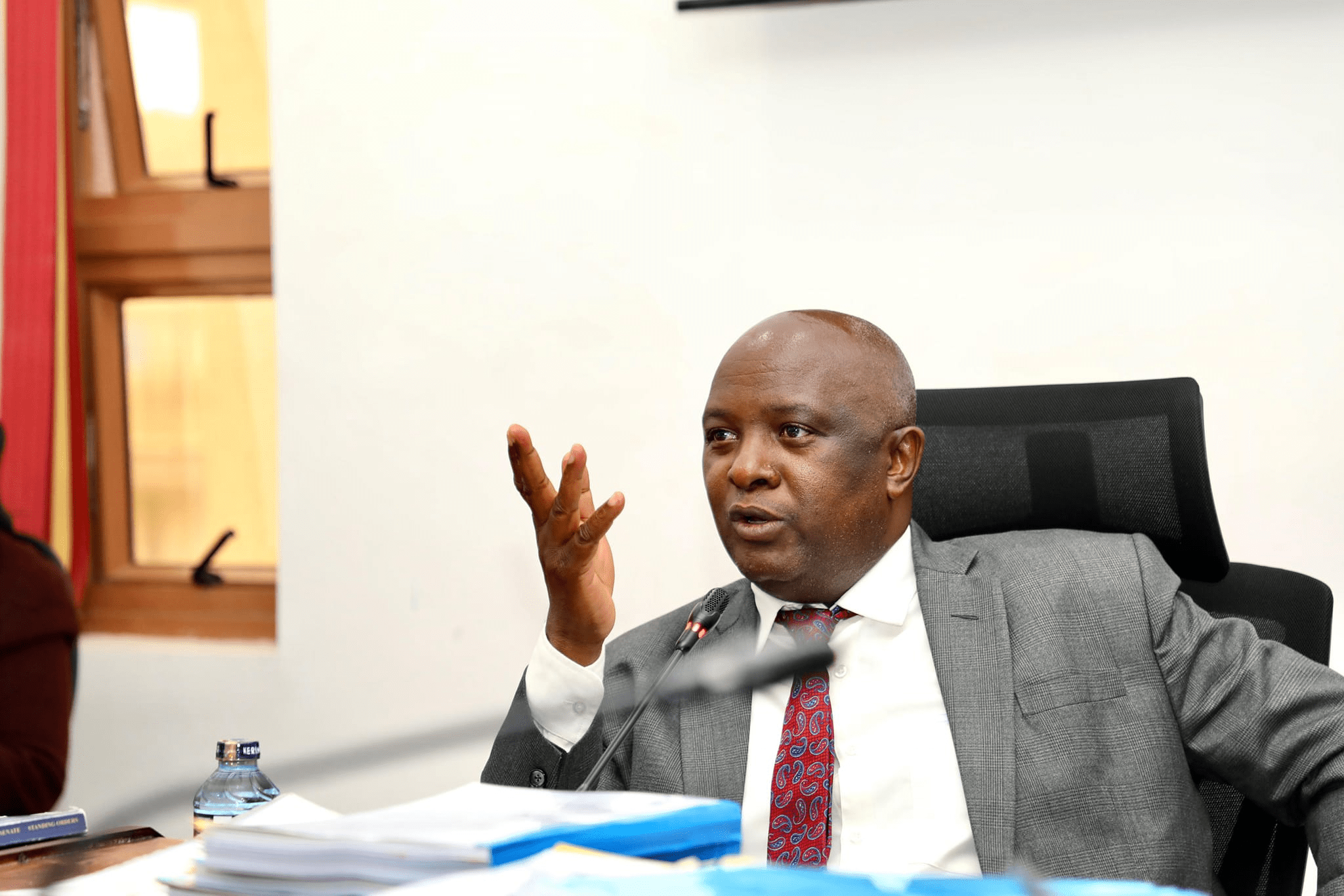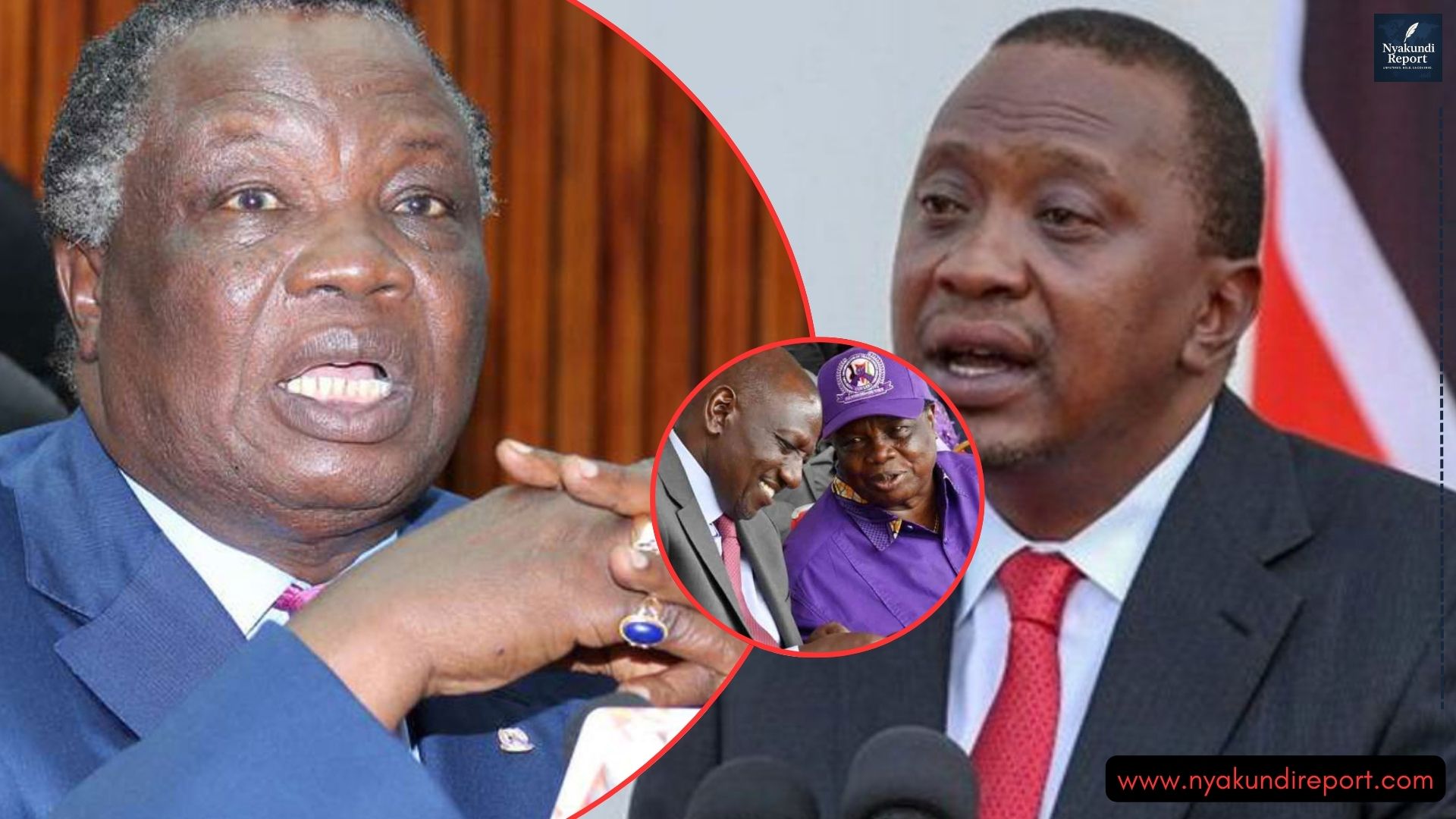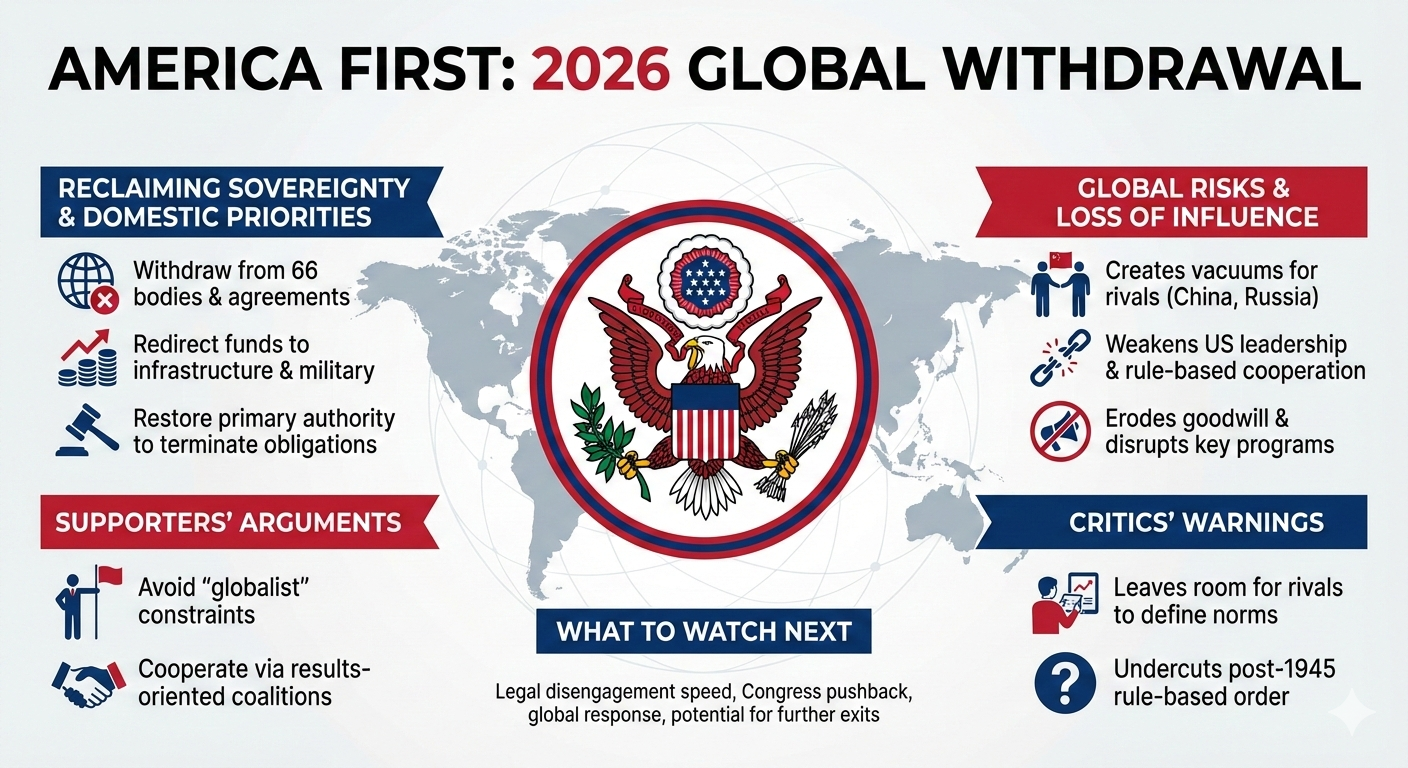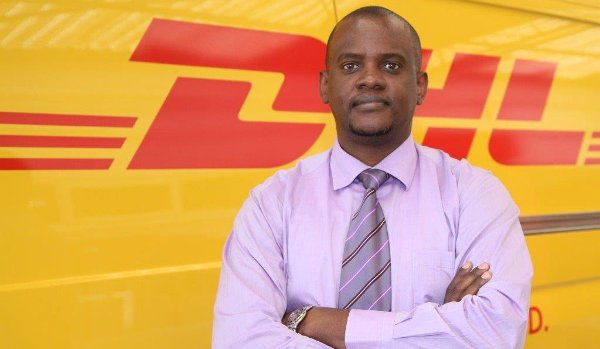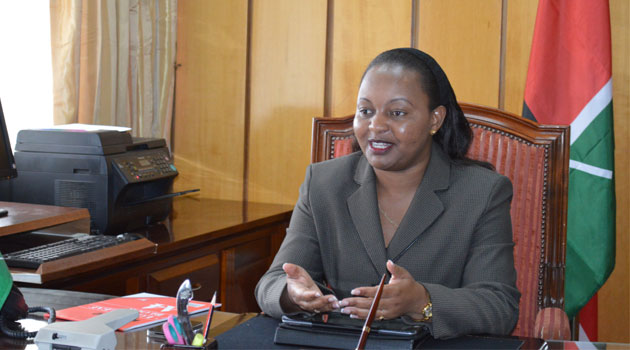A bitter power struggle is unfolding in Kenya’s oil sector. The Energy and Petroleum Regulatory Authority (EPRA) and the Kenya Petroleum Refineries Limited (KPRL) are locked in a fierce battle over control of multi-billion-shilling strategic petroleum stocks.
At the center of the conflict are murky laws, funding gaps, and a regulator accused of overstepping its mandate. This showdown came to light during scrutiny of the 2025/26 national budget, when KPRL made damning allegations against EPRA.
Now, questions are being asked about who controls Kenya’s fuel reserves—and who stands to profit.

KPRL Accuses EPRA of Power Grab in Strategic Oil Control
During a budget hearing, KPRL chief executive Leparan ole Morintat told Parliament that EPRA has systematically sidelined and bullied the state-owned refinery. He said EPRA is undermining KPRL’s mandate by interfering with oil import quotas and taking control of the procurement of strategic reserves.
KPRL’s fury centers around changes made in the draft Petroleum (Strategic Stock) Regulations, 2020. Instead of the National Oil Corporation of Kenya (Nock) handling the crucial role of importing petroleum stocks, the draft now gives this responsibility to private oil marketing companies (OMCs), selected through a competitive bidding process.
This move, KPRL argues, defies the spirit and intention of the Petroleum Act, 2019. It was Nock—not private oil dealers—who were meant to handle this critical task.
KPRL maintains that EPRA is usurping powers and enabling backdoor deals by favoring select oil companies to take over Nock’s role. Leparan says this is illegal and opens the door to corruption and profiteering in the strategic oil reserve system.
He insists that Parliament must step in. He has called for amendments to both the Energy and Petroleum Acts to clearly define who is responsible for what—before the oil industry is plunged into deeper chaos.
Parliament Ignored Funding Promises for Strategic Stocks
One of the core issues lies in the history of broken promises. In 2008, Parliament passed regulations requiring Kenya to maintain at least 90 days’ worth of petroleum in reserve.
The law clearly spelled out that these strategic stocks—covering petrol, diesel, kerosene, jet fuel, and LPG—should be managed by Nock and stored by the Kenya Pipeline Company (KPC).
The money was to be appropriated annually by Parliament starting from the 2008/09 financial year. But the money never came.
To address this shortfall, the Petroleum Act of 2019 proposed the creation of the Consolidated Petroleum Fund. This fund was supposed to support the purchase and maintenance of these crucial reserves.
Instead of solving the problem, however, the implementation only deepened the confusion. The Petroleum (Strategic Stock) Regulations, 2020, published for public comment by the Petroleum Ministry, shifted procurement power away from Nock and handed it to private oil firms.
This regulation, especially clause 6, is what KPRL is fighting hard to strike out. It fundamentally alters the playing field—and, according to KPRL, lets EPRA choose who benefits from the billion-shilling procurement contracts.
Laws Riddled With Ambiguity and Political Interests
The battle between EPRA and KPRL is more than a legal fight—it’s also political. KPRL argues that vague wording in the Energy and Petroleum Act has led to overlapping roles between the regulator and state oil firms.
For example, the Act refers to “the National Oil Company” without specifying if that is Nock or some other entity. This ambiguity, KPRL says, is deliberate. It gives EPRA cover to encroach on roles that should legally belong to Nock and KPRL.
According to Leparan, this legal confusion is not accidental. It serves certain vested interests in the oil sector who want to weaken government oversight and give lucrative deals to private players.
He said EPRA’s actions are part of a broader trend where regulators no longer play neutral roles but instead act as power brokers in lucrative sectors. In this case, KPRL believes the regulator is not just overseeing the industry—it is actively shaping who wins and who loses.
KPRL’s appeal to Parliament includes a request for urgent legal clarity and the restoration of Nock’s procurement role. Without these steps, Leparan warns, Kenya risks losing its ability to secure affordable and stable petroleum reserves.

